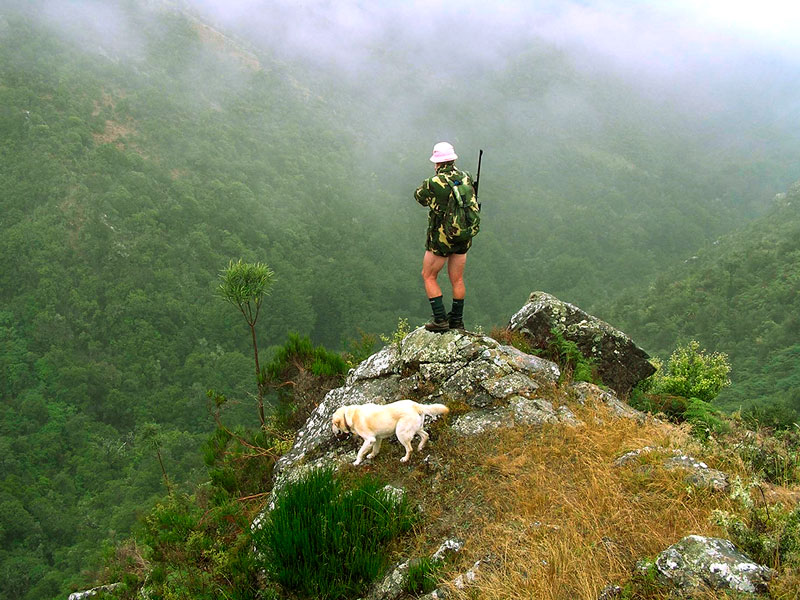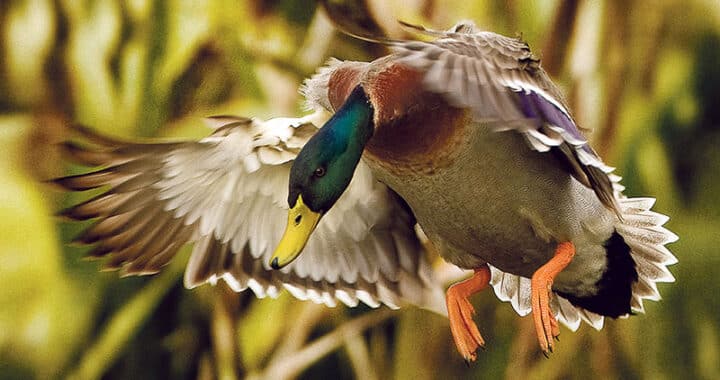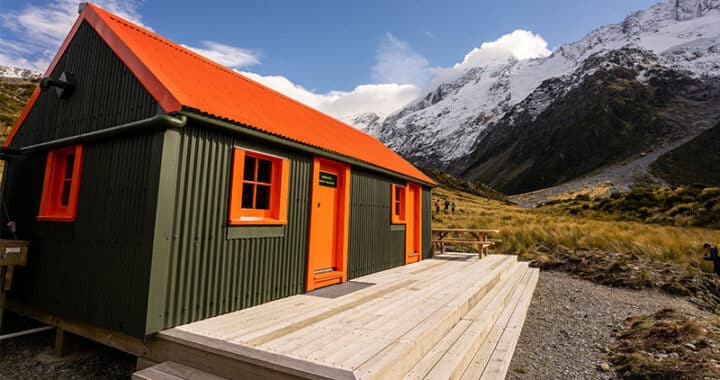Close call: on getting lost in the wilderness
4 min read
Remember to not hit the panic button if you lose your way in the hills Photo: John McNab
A few years ago, I was on a morning hunting trip with a friend, who we will call Gary. We left the 4WD wagon at a farm and set off to climb a bush ridge that led up to some alluring tussock tops. We had a hope that we might catch a deer out in the open but our optimism was tempered by the fact that the helicopters had been seen buzzing the tops in search of deer. So any deer would be ultra-wary.
But ever the optimists, we set off in the first light of what promised to be a beautiful day. The more prominent stars were out in a cloudless sky as we walked up the slope of paddock, climbed through the fence and headed upwards into the bush. Soon the first rays of sunshine shared through gaps in the forest canopy as we toiled upwards. It looked like a good day ahead, deer or no deer.
Just over an hour’s climb later, we broke out into the snow grass and glorious sunshine and I tied a small piece of ribbon tape onto a branch at the bush edge. We decided to climb up the snow grass face to the top of the ridge to peek over into a basin that we knew of from a topographical map.
Halfway up the slope, we paused for a snack; it was then when I noticed clouds racing eastwards above us. In no time, the sunshine was suddenly blotted out and grey clouds alternating with patches of blue above were swirling around us.
We turned tail and strode back downhill but within minutes, we were engulfed with thick swirling fog. It did not matter too much despite the aborted deer hunt, for down was the way to head, opposite to our original direction of up. Logical!
I noticed that as the fog enveloped us, Gary became uneasy. By the time we reached the bush line, he was nervous and jumpy. He was all for going hard to our left but I knew the way was to our right and down. It took a lot of convincing and eventually Gary agreed but not until I informed him that he could go left if he wished, but I was going down and to the right to get back to the vehicle.
He obviously did not relish being on his own, so muttering to himself, he reluctantly followed me as we plodded through the ghostly fog. Soon we found the tape I had tied to a tree. Still, it did not seem to reassure Gary, who still looked unhappy. I was eager to keep an eye out for a deer on our route down through the bush to the farmland.
We needed to move quietly. But Gary was uneasy and agitated with the fog around us, despite finding the reassuring tape on the tree, which meant we were headed in the right direction. Mild panic set in. He crashed along behind me swearing and cursing. We regained the lower bush edge and the farmland. And as it turned out, there had been nothing to get worried about.
However, had Gary gone off to the left at the top bush edge, he would have ended up miles from the vehicle and deeper into the bush, well and truly lost, leading to a search and rescue. No matter what the situation is in the hills or mountains, any trouble will only be much further aggravated by panicking and rushing mindlessly about, perhaps breaking an ankle or leg or even worse.
There is really no predicament in the hills – providing you are adequately clothed and have used common-sense – that cannot be solved. Not infrequently, the change of mood in mountain weather can catch you napping as it did that morning. The first thing to do is to stop, have a snack, and quietly think things out. If you are forced to spend a night out, try and keep a cool head.
There is a good chance you are not actually lost yet, but have temporarily just lost your way. There are no threats out there except for one – panic. And that is entirely within your control. So sit down and rest. Think carefully before you act and become measured and sure in your thinking and steps you might then take, such as retracing your steps.
Any time you feel the panic returning, stop and rest. Relaxing and refocussing can help. Losing your way in the hills can happen to anyone sooner or later – even experienced trampers and hunters. The first and one of the most important things to do is keep cool.
Handy hints
New Zealand may be a small country but it is important not to underestimate the country’s changing terrain and climate, which can often lead to hunters becoming disoriented even on short trips. Here are some important guidelines to keep in mind when planning a hunting trip.
- Always take a Personal Locator Beacon and a back-up form of navigation no matter how long or short your trip is. Quite often hunters find themselves in a difficult situation and search and rescue operations have been undertaken to locate them.
- As part of your pre-hunt plan, make it a point to familiarise yourself with using the navigation systems. If you are in a group, it is best to stick together. This way, you are able to support each other if decisions need to be made or if a situation changes. If you decide to separate from your group, use a two-way radio to communicate.
- Most importantly, when you find yourself in a survival situation, remember to STOP: stop whatever you are doing, think how you got there and you may be able to retrace your steps back, observe your surroundings and take stock of the situation, and plan your next steps.



